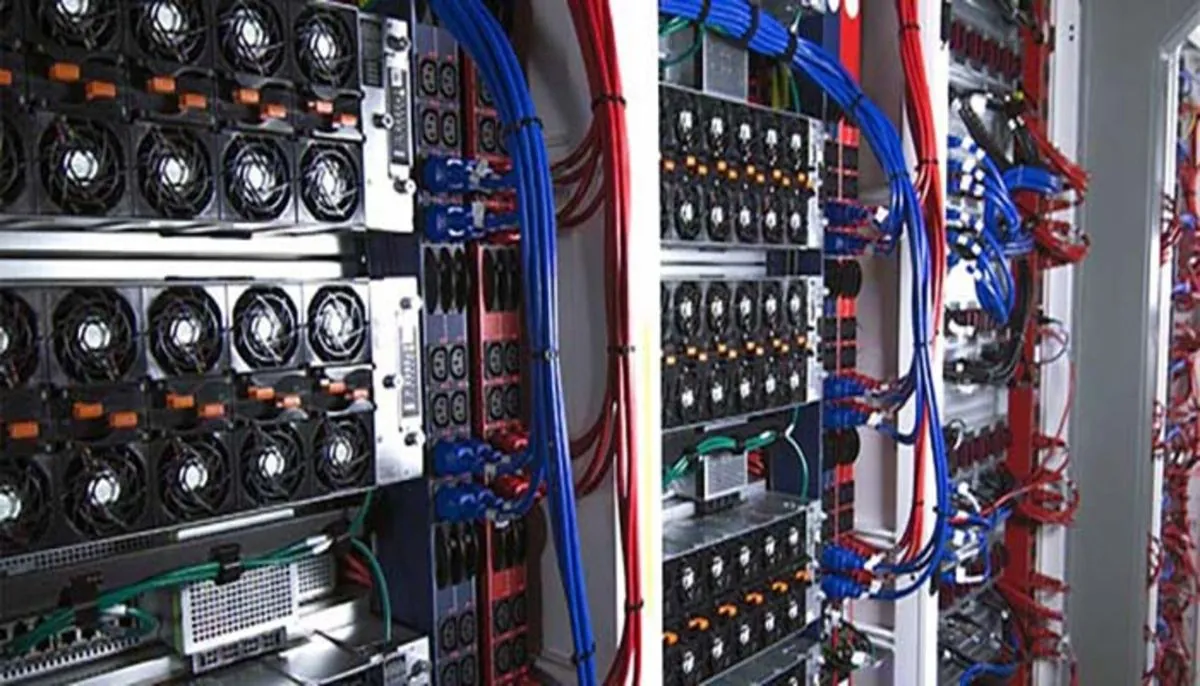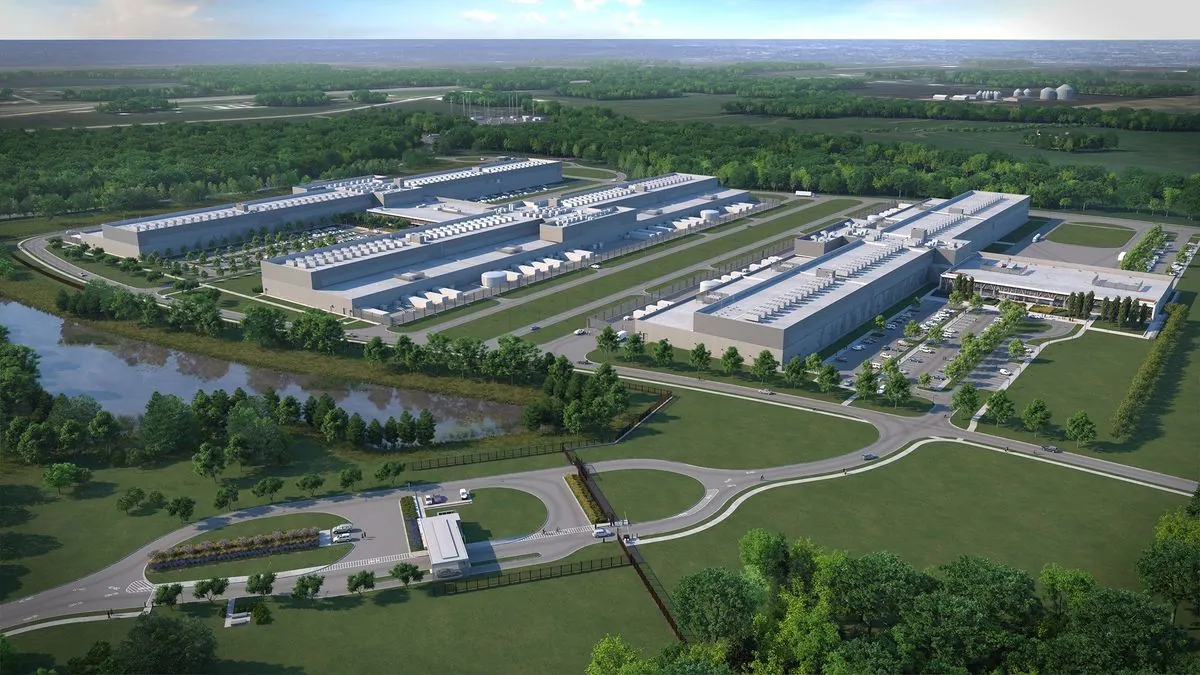Ohio Power Dispute: Tech Giants Battle Over Data Center Energy Costs
A regulatory clash in Ohio pits tech giants against a power company over data center energy costs. The outcome could set a national precedent for balancing tech growth with infrastructure needs.

In a significant regulatory dispute unfolding in Ohio, major tech companies are challenging a proposal by American Electric Power (AEP) Ohio to substantially increase upfront energy costs for data centers. This conflict, which could have far-reaching implications, addresses a critical question: Who will bear the financial burden of the massive power grid upgrades required to meet the surging energy demands of data centers?
Google, Amazon, Microsoft, and Meta have voiced strong opposition to AEP Ohio's proposed tariff increase, labeling it "unfair" and "discriminatory" in recent filings with Ohio's Public Utility Commission. The power company argues that the increase is necessary to prevent shifting new infrastructure costs to other customers if tech companies fail to follow through on their ambitious plans.
Central Ohio, once a struggling Rust Belt region, has rapidly emerged as a data center stronghold in the United States. However, this growth has led to significant challenges. AEP Ohio reported that projected energy demand in the area forced it to halt approvals for new data center deals last year while determining how to finance the required infrastructure upgrades.

The proposed fee structure would raise charges to 90% of the expected load over a 10-year period, even if the full capacity isn't utilized. Tech companies argue that this approach is unreasonable, given the difficulties in accurately predicting long-term power needs due to factors such as technological advancements and customer demand fluctuations.
This case could establish a national precedent, potentially influencing how other states address the growing energy consumption of tech firms. Similar concerns have arisen in other data center hotspots, including Northern Virginia, Atlanta, and Maricopa County, Arizona.
AEP Ohio's primary concern is the risk of investing billions in new grid infrastructure only to have data centers relocate or require less power than initially projected. The company aims to ensure that data centers have "more skin in the game" through long-term financial commitments.
"We require data centers to make long-term financial commitments — to have more skin in the game."
The tech giants have countered by highlighting their significant economic contributions to the state. For instance, Google reported creating over 1,000 jobs in Ohio in the past year, with a $6.7 billion investment since 2019. Amazon claimed its cloud computing division had generated more than 4,500 jobs in the state, investing $10.3 billion over eight years.
This dispute reflects a broader challenge facing the U.S. power grid as it grapples with the combined demands of the green energy transition and the anticipated computing boom driven by artificial intelligence. The outcome of this case could significantly influence how utilities and tech companies negotiate energy costs and infrastructure investments in the future.
As the debate continues, it's worth noting that data centers globally consumed about 1% of worldwide electricity in 2020. With the rapid growth of cloud computing and AI, this figure is likely to increase substantially in the coming years. The challenge lies in balancing the need for technological advancement with sustainable energy practices and fair cost distribution.
An evidentiary hearing is scheduled for September 30, 2024, where both sides will present their arguments. The resolution of this case could shape the future of data center development and energy infrastructure planning across the United States.


































